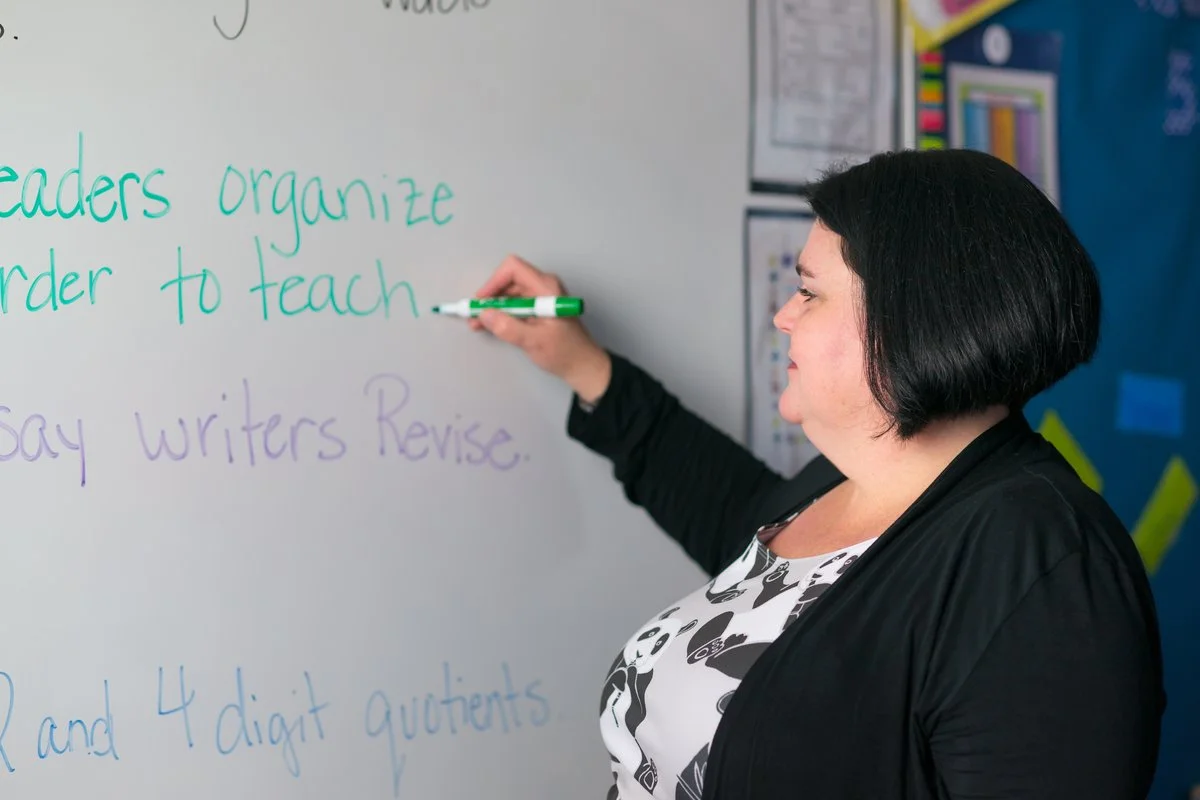Questions to ask before you become an editor
So you want to be an editor.
Good for you! Editing is a time-honored craft and a worthy profession.
Why do you think editing is for you?
This isn’t an exhaustive list, of course. But these are qualities I’ve seen among my editorial peers and recognize within myself
Ideally, you’re good with words. You have a decent vocabulary and can relay information clearly and comprehensively to the appropriate audiences.
Maybe you tell a good story and have a passion to help others become better storytellers.
You’re a subject matter expert and want to help others in your field prepare their reports rather than write them yourself.
You read incessantly, and nothing brings you more joy than reading raw manuscripts and providing feedback.
Editing is not for you if…
you don’t work well by yourself, or conversely, as part of a team. Editing requires an eye for design and attention for detail. A good memory is important, or maybe you keep precise, exhaustive records of what grammar rules are stored where on your hard drive.
you think it’s a glamorous profession. Editing involves hours on end in front of a computer, often in solitude. It’s not a quick read-through of a novel. It’s a painstaking crawl, word by word, character by character. (I was going to rephrase to disambiguate between the two meetings, but I decided against it. Character can refer to a single letter or punctuation mark, or it can refer to a person in a story. Both definitions are appropriate here.) There are no fancy lunches in NYC on someone else’s dime, and authors won’t fly you out to their homes to help them meet deadlines in person.
All right, you’re good at editing and all it entails and you still want to be an editor. Before you start printing off business cards and setting rates, here are additional things to consider:
Are you qualified to edit?
That is, do you have the knowledge and expertise to edit well? What classes have you taken or conferences attended? How have you gained experience as an editor?
If you haven’t taken classes, have you at least read the Chicago Manual of Style, 18th edition, or whatever the style guide is for your industry? Can you effectively format citations and songs titles within a text?
For developmental editing, do you know how to study a manuscript and provide actionable feedback? Can you query with nuance, kindness, and respect?
If you're untrained or inexperienced, do you have the means to take classes from reputable organizations? Katharine O’Moore-Klopf has put together an extensive (but not exhaustive!) list of resources for individuals not yet in the editing field. Many of these programs are college courses, so they’ll run several thousands of dollars apiece.
Does the market need you?
Editors are a dime a dozen on gig work sites like fiverr and Upwork, and it’s notoriously difficult for editors who haven’t worked in a big publishing house to be approved by Reedsy.
What makes you different from the thousands of editors out here already? Will you actually be able to get clients? Will you be able to find clients who will pay you a living wage?
Example pricing: Jo has a 75000-word book. At a penny per word for a copyedit, Jo’s bill is $750. “Oh, that’s too much,” Jo says. But is it really?
At a speed of 2,500 words per hour (on the faster side of the typical range for fiction), Jo’s editor would have to spend 30 hours working on the book. $750 divided by 30 equals $25 per hour. Nice rate. But wait.
One-third of the editor’s pay is owed to the IRS for taxes. So $25 now becomes $16.67.
And then the editor has other business expenses, such as the annual fees for Microsoft 365, antiviral programs, Internet access, CMOS online, reference books, heating and cooling, office space, computer equipment, professional development, web hosting, marketing, and more.
That $16.67 has dwindled below $15, which is not a livable wage.
Authors get sick and delay or cancel their projects. Some months are slow, and others are hectic. Can you deal with a fluctuating, inconsistent income?
Are you an entrepreneur?
Freelance editors are entrepreneurs. They operate their own businesses, with all the rights and responsibilities that entails. Do you know how to run a business? Does entrepreneurship excite you or scare you?
Do you have business acumen, or can you learn it through classes?
What laws are applicable to you and a small business run out of your home?
Do you have a business plan, including branding and marketing?
Are you good at tracking your income and filing the correct tax documents?
And then there are the intangibles
Are you prepared to deal with the vagaries of people? Authors may not like your feedback or services. They may be difficult to work with. How good are you at standing up for yourself, to insist on being treated with respect? What are your negotiation skills like?
How's your mental health? Your physical health?
Editing can be hard on the body because you’re sitting at a computer, hands on keyboard and mouse, for hours on end, and it's tough on the morale when you aren't landing clients or the projects you like.
Conclusion
I pose these questions not to scare you, but from experience. Editing is fun; running an editing business is hard work. If you’re still passionate about pursuing a career in editing, you’re welcome to book a call with me, and we’ll talk about how you can achieve your goals in a way that works for you.


